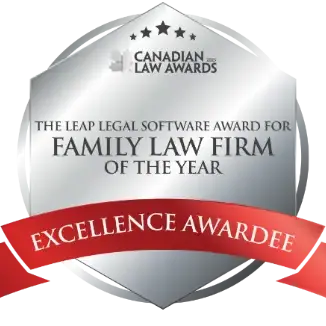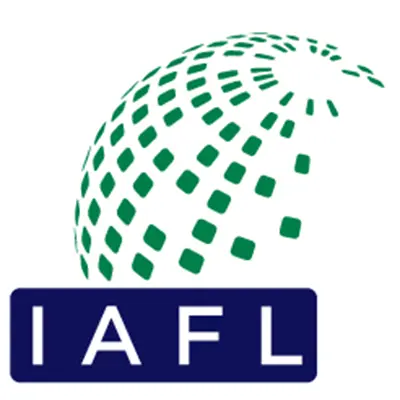Obtain adequate provision from excluded beneficiaries, trust or proprietary claims.
What is a trust or proprietary claim?
How can an elderly or infirm family member be protected from financial and emotional abuse?
What is a trust or proprietary claim?
Trust & Proprietary Estoppel Claims can arise if the estate plans to ensure no assets remain in the estate, so that upon death there are no probate taxes and no assets for excluded beneficiaries to claim against. In these cases there be may be a trust claim, a proprietary estoppel claim or a fraudulent conveyance claim.
An example of an estoppel claim could be a tenant living in a carriage house, and the owner promises the tenant that if he helps restore buildings and works to maintain all aspects of the property such as gardening and maintenance, the owner will leave the carriage house to the tenant in his will. Despite the equity the tenant earned in performing all the requested work, after the owner’s death, the tenant discovers that another individual was left the home and the tenant was left a small amount of money, nowhere near the worth of the property.
The British Columbia Fraudulent Conveyance Act is a statute designed to give a remedy to creditors frustrated in collecting their debts by a debtor who has disposed of his/her assets.
We recommend that you obtain expert legal advice from a MacLean estate litigation lawyer to determine your position with respect to a claim.
How can an elderly or infirm family member be protected from financial and emotional abuse?
Under the law in BC, all adults are entitled to live in the manner they wish as long as they don’t harm others and they are capable of making decisions. Older adults, like everyone, have the right to live in safety and security. Unscrupulous individuals may take advantage of an infirm, elderly person to improperly influence them to change their Will to transfer assets away to this person before death. There are remedies available but it is important to try take steps to ensure the elderly relative is not taken advantage of.
Maintaining frequent contact with a potential elderly victim and talking to them weekly if not daily about any concerns over financial and physical safety is important. If you suspect your loved one may be a victim of financial and emotional abuse, you must observe and look for the following clues:
- Standard of living not in keeping with income or assets;
- Theft of property;
- Unusual or inappropriate activity in bank accounts, forged signatures on cheques;
- Forcing a person to sign over property or execute a Will or EPOA; or,
- Overcharging for services or products, overdue bills.
The best level of protection is enlisting legal support to ensure your loved one is protected throughout the rest of their life and the estate is secure after death. The estate litigation lawyers of MacLean Law are also very experienced in cases of elder abuse, power of attorney and adult guardianship.











